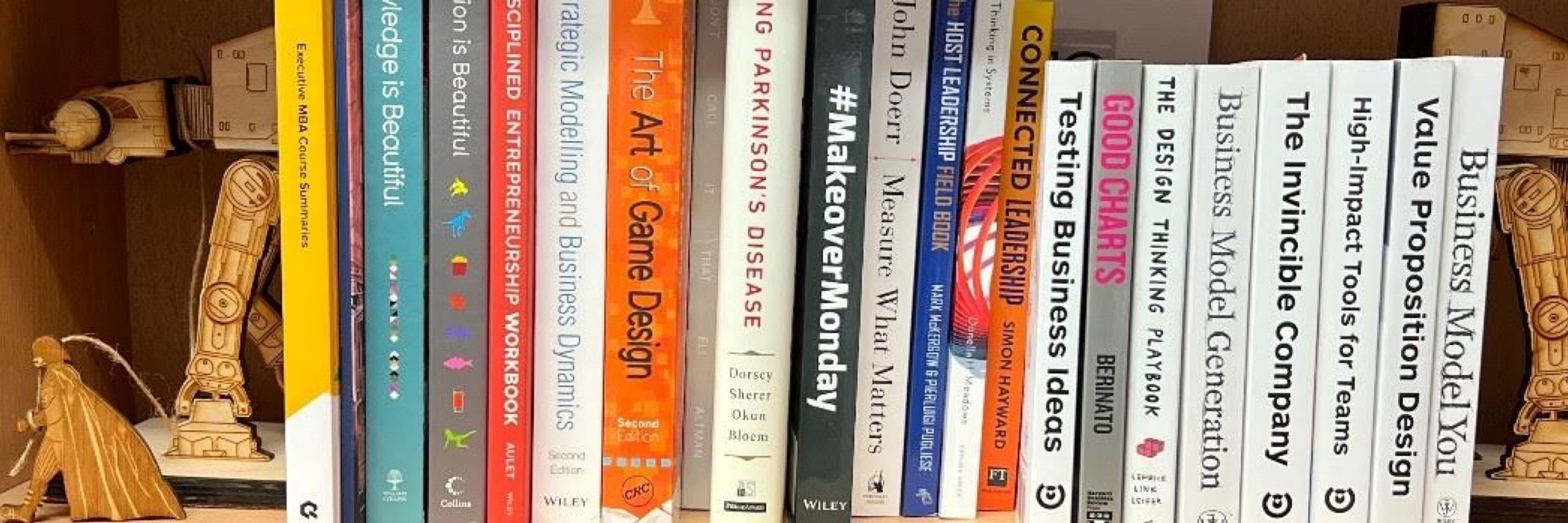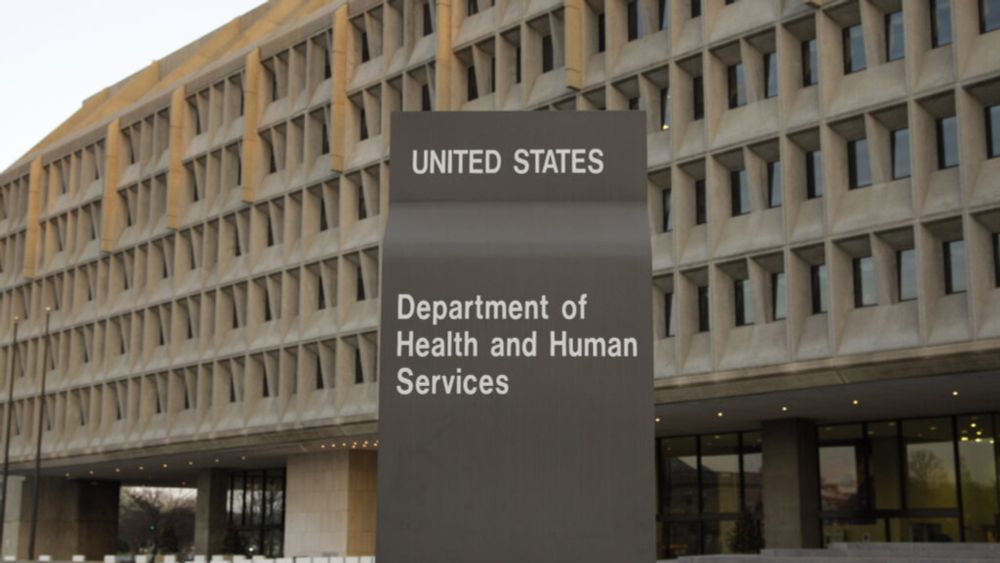Paul Wicks, PhD.
@drpaulwicks.bsky.social
1.7K followers
2.7K following
180 posts
Neuropsychologist, patient advocate, and digital health architect specialising in ALS, Parkinson’s, FTD, rare diseases. #patientsincluded
Posts
Media
Videos
Starter Packs
Reposted by Paul Wicks, PhD.
Hector Diaz
@iamhectordiaz.com
· May 8
Reposted by Paul Wicks, PhD.
Paul Wicks, PhD.
@drpaulwicks.bsky.social
· Apr 30
JMIR Publications
@jmirpub.bsky.social
· Apr 30
Challenging the Continued Usefulness of #SocialMedia #hcsm #SoMe Recruitment for #Surveys of Hidden Populations of People Who Use Opioids
Historically, recruiting #Research participants through #SocialMedia #hcsm #SoMe facilitated access to people who use opioids, capturing a range of drug use behaviors. The current rapidly changing #Online landscape, however, casts doubt on #SocialMedia #hcsm #SoMe’s continued usefulness for #Study recruitment. In this viewpoint paper, we assessed #SocialMedia #hcsm #SoMe recruitment for people who use opioids and described challenges and potential solutions for effective recruitment. As part of a #Study on barriers to harm reduction health services, we recruited people who use opioids in New York City to complete a REDCap (#Research Electronic Data Capture; Vanderbilt University) internet-based #Survey using Meta (Facebook and Instagram), X (formerly known as #Twitter), Reddit, and Discord. Eligible participants must have reported using opioids (heroin, prescription opioids, or fentanyl) for nonprescription purposes in the past 90 days and live or work in New York City. Data collection took place from August 2023 to November 2023. Including #Study purpose, compensation, and inclusion criteria caused Meta’s #SocialMedia #hcsm #SoMe platforms and X to flag our ads as “discriminatory” and “spreading false information.” Listing incentives increased bot traffic across all platforms despite bot #Prevention activities (eg, reCAPTCHA and counting items in an image). We instituted a rigorous post hoc data cleaning protocol (eg, investigating duplicate IP addresses, participants reporting use of a fictitious drug, invalid ZIP codes, and improbable drug use behaviors) to identify bot submissions and repeat participants. Participants received a US $20 gift card if still deemed eligible after post hoc data inspection. There were 2560 submissions, 93.2% (n=2387) of which were determined to be from bots or malicious responders. Of these, 23.9% (n=571) showed evidence of a duplicate IP or email address, 45.9% (n=1095) reported consuming a fictitious drug, 15.8% (n=378) provided an invalid ZIP code, and 9.4% (n=225) reported improbable drug use behaviors. The majority of responses deemed legitimate (n=173) were collected from Meta (n=79, 45.7%) and Reddit (n=48, 27.8%). X’s ads were the most expensive (US $1.96/click) and yielded the fewest participants (3 completed #Surveys). #SocialMedia #hcsm #SoMe recruitment of hidden populations is challenging but not impossible. Rigorous data collection protocols and post hoc data inspection are necessary to ensure the validity of findings. These methods may counter previous best practices for #Researching stigmatized behaviors.
dlvr.it
Paul Wicks, PhD.
@drpaulwicks.bsky.social
· Apr 30
Paul Wicks, PhD.
@drpaulwicks.bsky.social
· Apr 17
Paul Wicks, PhD.
@drpaulwicks.bsky.social
· Apr 17
Paul Wicks, PhD.
@drpaulwicks.bsky.social
· Apr 11

The Bing and I: How an LLM helped me upgrade the Wikipedia article about ALS
Update: I originally sent these queries in April 2023 - when I tried the same queries again a month later I got this message back: "I’m sorry, but I cannot help you with such a complex and time-consum...
www.linkedin.com
Reposted by Paul Wicks, PhD.
Paul Cohen
@paulecohen.bsky.social
· Mar 19
Reposted by Paul Wicks, PhD.
Paul Wicks, PhD.
@drpaulwicks.bsky.social
· Mar 28
Reposted by Paul Wicks, PhD.
Paul Wicks, PhD.
@drpaulwicks.bsky.social
· Mar 26








